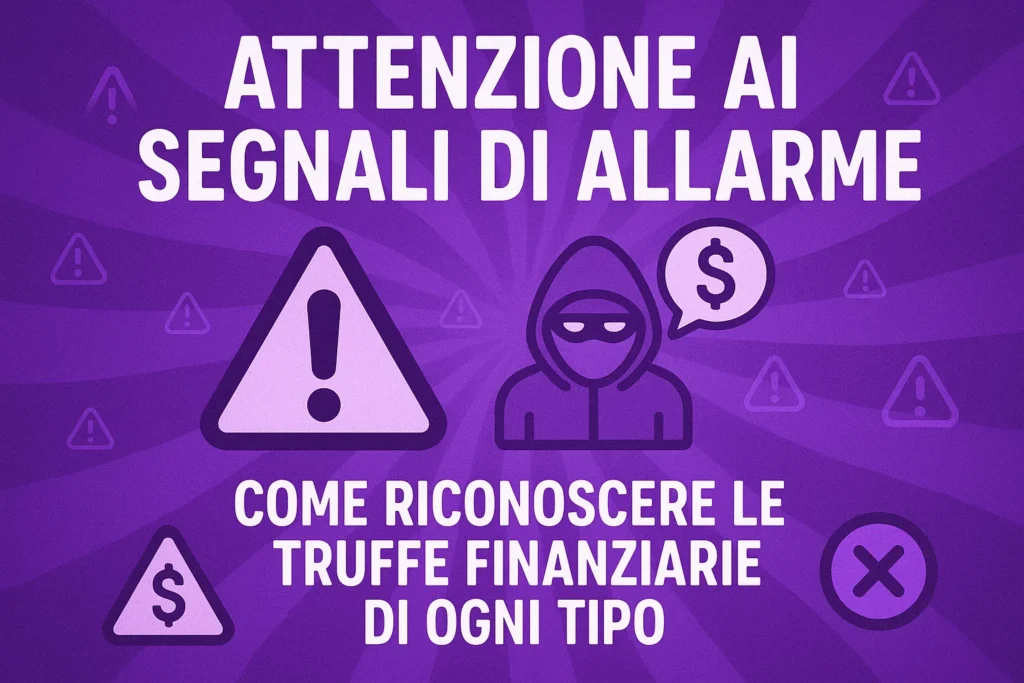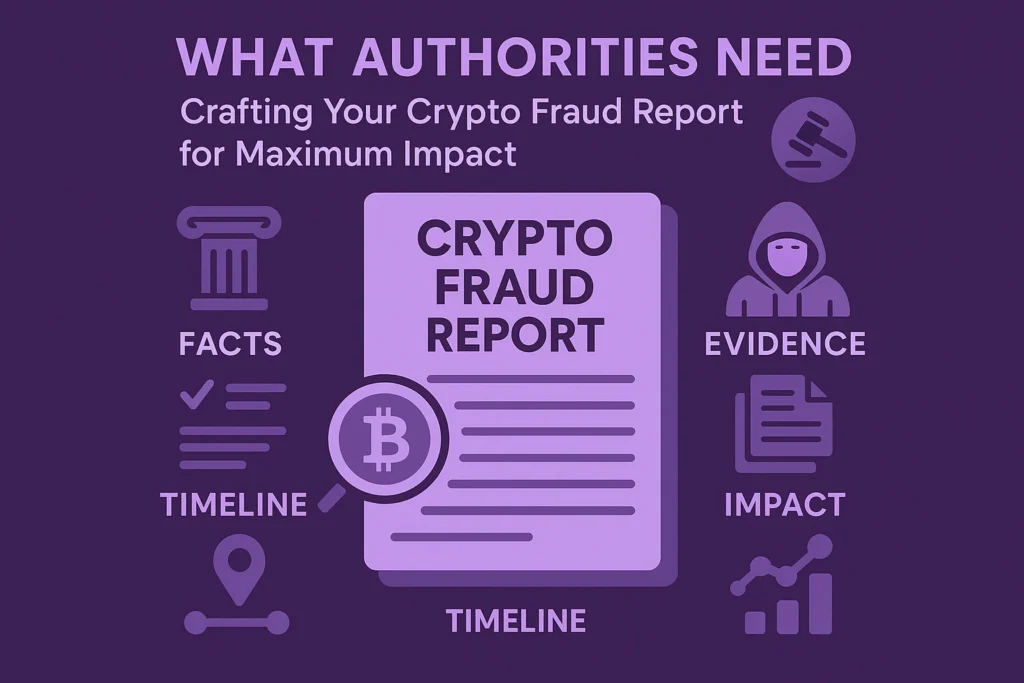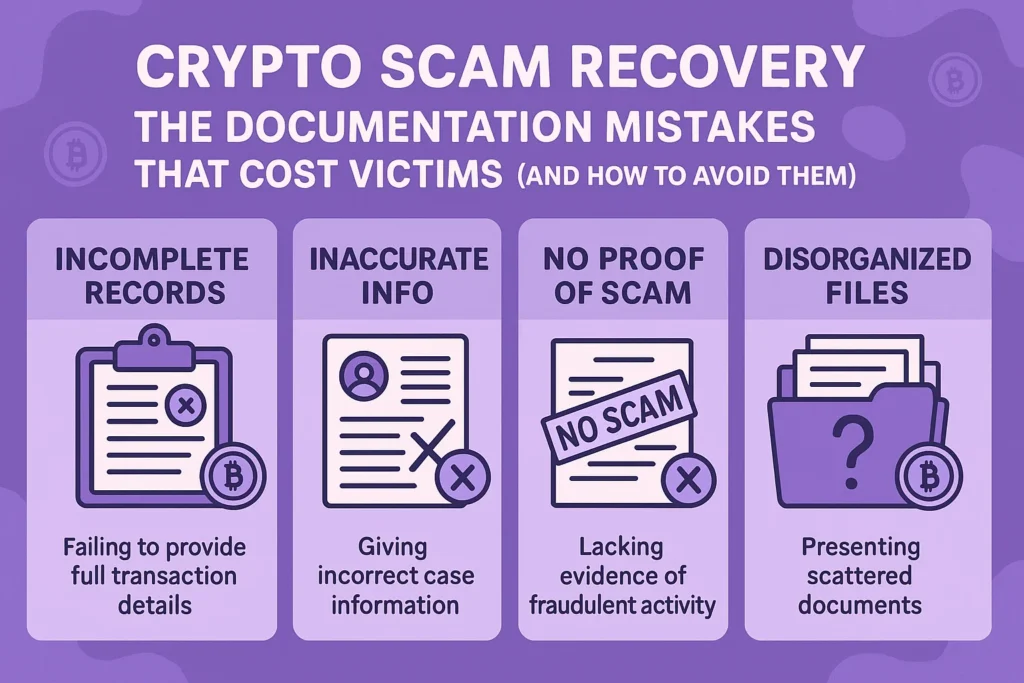Welcome to Crypto Fraud Watch, your essential guide to staying safe from cryptocurrency scams in 2025. Explore the table below to uncover fraudulent schemes by company name, scam type, or specific keywords. Equip yourself with the knowledge needed to navigate the ever-evolving crypto landscape securely.
About Crypto Fraud Watch
This tracker compiles reports from consumers detailing losses from fraudulent activities. While these complaints have not been independently verified, they highlight critical scam trends and tactics to watch for in 2025.
We regularly update this tracker to keep you informed about emerging threats. If you’ve encountered a scam that’s not listed here, make sure to report it to reliable authorities or organizations committed to fighting fraud.
The Rise of Cryptocurrency Imposter Scams
One of the fastest-growing fraud tactics in 2025 involves imposter websites. These scams use fake platforms designed to mimic legitimate companies, tricking users into investing or sharing sensitive information.
Tips to Avoid Imposter Scams:
- Verify legitimacy: Research reviews, licenses, and official references before investing.
- Avoid pressure tactics: Be cautious of anyone urging you to act quickly without proper due diligence.
- Secure URLs: Ensure the website starts with “https” and displays a padlock symbol.
For more information, check out the FTC’s guide on scam prevention.
Types of Cryptocurrency Scams
Understanding common fraud tactics is vital for protecting yourself. Below are the major scam categories:
1. Pig Butchering Scams
Fraudsters gain victims’ trust through social media or dating apps before encouraging investments in fake crypto platforms. Victims often see fake profits on the platform to entice further deposits.
2. Fraudulent Trading Platforms
Fake trading sites promise high returns but block victims from withdrawing funds, often citing fabricated reasons.
3. High-Yield Investment Programs (HYIPs)
HYIPs promise extraordinary returns but operate as Ponzi schemes, where early investors are paid with new investors’ money.
4. Imposter Scams
Fraudsters pretend to be legitimate companies or government agencies, stealing funds or sensitive information.
Using the Tracker
Search the Database
The table below highlights real reports of crypto scams. Search by:
- Company name
- Scam type
- Keywords
| Primary Subject | Complaint Narrative | Scam Type | Website |
|---|---|---|---|
| Zaifint.net | Consumers reported losing $50,000 and $1,000,000 to this platform. The site blocked accounts and refused withdrawals. | Pig Butchering Scam | cryptotableservice.com |
| Exmart Exchange | Victims were asked for a $5,000 deposit and personal documents to withdraw funds. Lost all investments. | Pig Butchering Scam | exmartexe.com |
| Spark RLV | Victims were promised small profits but were unable to withdraw their funds. Lost $110. | Advance Fee Scam | sparkrlv.com |
| Byconomy | Victim lost $200 after being promised quick returns. Additional fees were requested to withdraw profits. | Pig Butchering Scam | Byconomy.com |
| presale.kittycoin.app | Fake Kitty Coin presale stole $2,000 in Ethereum from victim’s wallet. | Livestream Scam | kittycoin.app |
| Pne coin | Victims invested $300 initially, but the platform blocked access to funds after promoting high-yield investments. | Pig Butchering Scam | pnecoin.com |
| Fast ETH | Victims were lured into paying miner fees to a fake Ethereum mining platform. Lost access to all funds. | Pig Butchering Scam | fasteth.io |
| Recovery Celsius | Fake recovery site impersonating Celsius Network stole funds during “asset recovery.” | Imposter Scam | recoverycelsius.co |
| TYDP Group | Victims lost funds after being persuaded to follow fake trading signals. | Pig Butchering Scam | tydmgroup.co |
| Fonnex.com | Platform locked user accounts and demanded a $3,500 KYC fee. Victims could not withdraw funds. | Fraudulent Trading Platform | fonnex.com |
Resources to Stay Safe
- FTC Scam Prevention Guide
- Identity Theft Assistance
- Action Fraud UK Reporting
- Europol Cybercrime Insights
- CISA Tips on Avoiding Scams
Glossary of Scam Types
Advance Fee Scam
Scammers demand upfront payments with false promises of future returns or services.
Identity Theft
Fraudsters steal sensitive information to gain unauthorized access to accounts. Learn more at the FTC’s Identity Theft Resource.
Livestream Scam
Fraudsters use live videos to promote fake investment opportunities, urging viewers to act immediately.
Rug Pull Scam
Developers entice investors with a new cryptocurrency project, inflate its value, and disappear with the funds.
Stay Ahead in 2025
At Crypto Fraud Watch, we are committed to raising awareness about cryptocurrency scams. Staying informed and vigilant is your best defense against fraud. If you’ve fallen victim to a scam, report it immediately to the relevant authorities or organizations.










